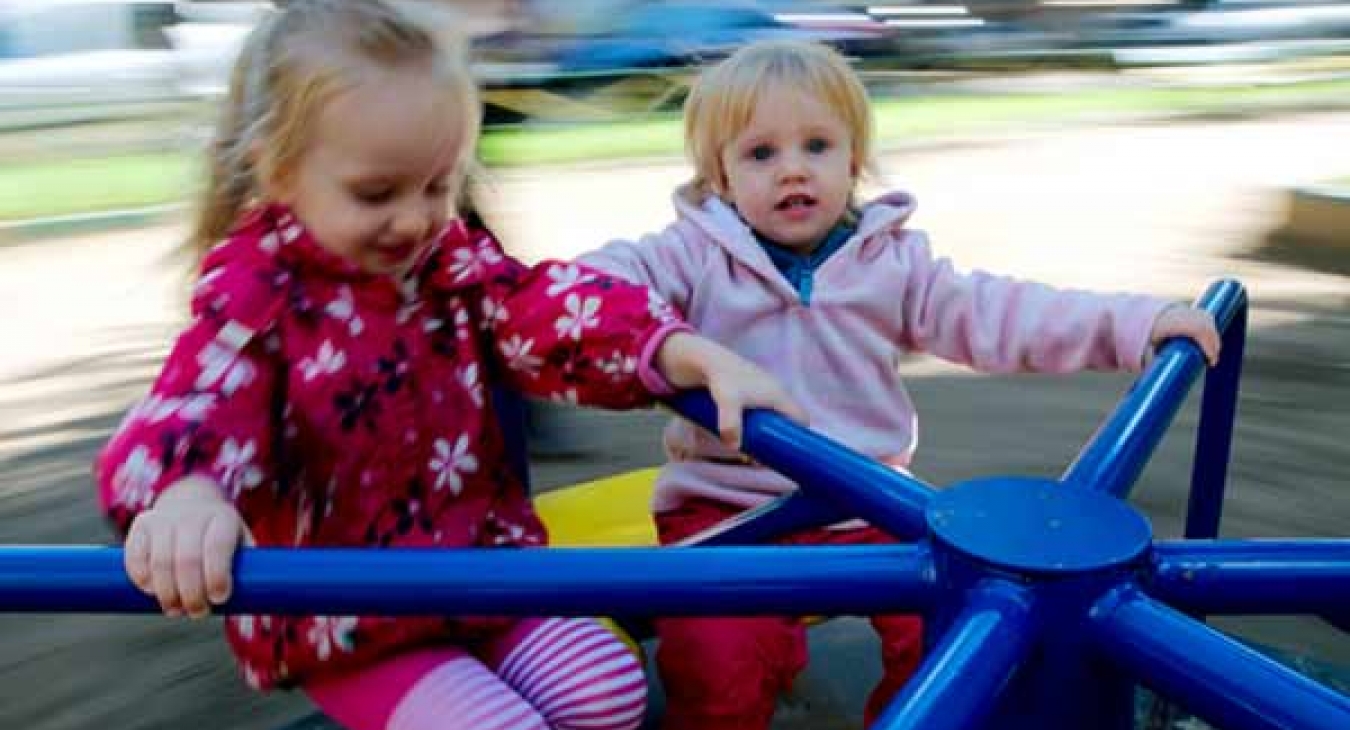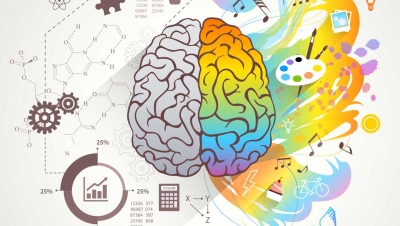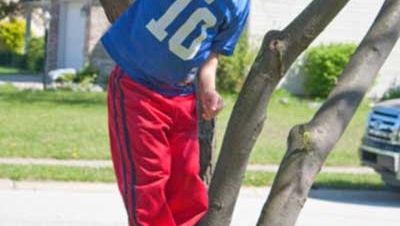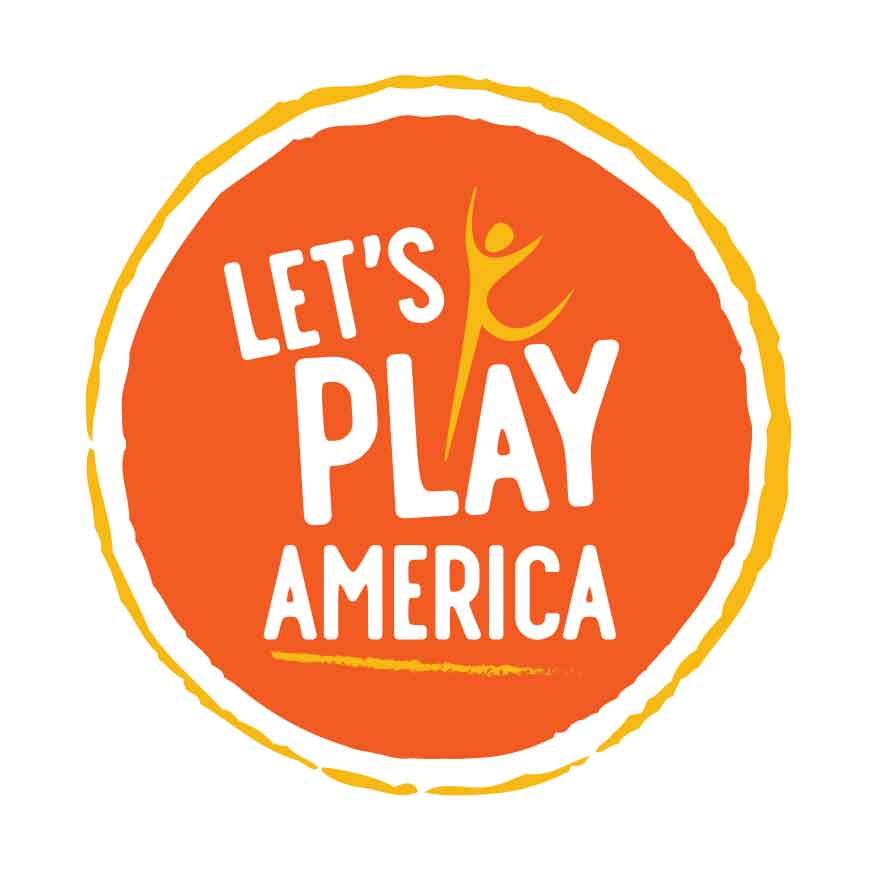“First, do no harm” is a popular mantra of the medical profession. At least that was the phrase that was drilled into me all through my undergraduate and graduate schooling to become an occupational therapist. However, if we want to do no harm to children, we must re-think our playgrounds…because children are becoming more unsafe than ever before.
This past summer, our family was camping at a spacious campground right along Maine’s beautiful rocky coastline. My girls had free-range all week long. They explored the acres of land for hours at a time. One day, they ran to me, asking me to watch their "production" on the playground. I walked down to the playground and took a seat at a nearby bench and did as I was told - watched.
I think they broke every playground rule ever created as they climbed up slides, walked on top of equipment, went down head first, and stood on the swings. My 9-year-old stated, "We created our own way to use the equipment." My 6-year-old whole-heartedly agreed, "Yeah! It was fun!"
It was a great reminder that most playgrounds these days are not challenging enough, and that is when you start seeing children using the equipment in ways that it wasn't originally intended for. Children are looking for a challenge, and if we don’t give it to them, they will seek it on their own and the results may be even more risky than allowing for longer slides and taller structures in the first place.
In order for children to get to the next level of physical development, we need to start offering equipment that provides opportunities for them to take age-appropriate risks. Children will naturally seek the neurological input that their body needs on their own. They will also learn how to independently assess risk and will often climb only as high as they are developmentally capable of.
We need to simply provide the stimulating environment and then step back and let them test it out on their own. They may be looking to spin around in tight circles, try their strength on the monkey bars, or climb to new heights on a towering structure. Let’s give them the opportunity to do so. Their neurological systems need the challenge in order to develop both stronger bodies as well as stronger minds.
However, there lies an even greater problem than playground equipment simply not offering enough challenge to children. We’ve changed the type and quality of the sensory input being offered to youth on a regular basis. Due to increasing liability concerns and new safety standards of the early 1980s, the once thrill-provoking and sensory-stimulating metal playground equipment of the early to mid 1900s got replaced with brightly-colored plastic playgrounds that are surprisingly close to the ground.
Desperately trying to reduce playground injuries, we started to shorten the length of slides and swings. We got rid of any risky equipment such as teeter-totters, merry-go-rounds, and even monkey bars. By creating ultra-safe playgrounds, we unintentionally created a more long-term problem: increasing numbers of children with difficulty paying attention in school, kids falling out of their seats on a regular basis, children running into walls and each other, and an increase in difficulties with emotional regulation according to the observations of many teachers who have been teaching for 30 years or more.
It all goes back to science. Think back to your physics classes in high school. By shortening the length of slides and swings, we are essentially decreasing the amount of vestibular (balance) input the children will be receiving with each swing and/or trip down the slide. Therefore, those tall stainless steel slides and super high swings of the past actually offered wonderful vestibular input that helped to develop our sense of spatial awareness and body sense. Having good spatial awareness is essential in order to manipulate your environment safely without constantly falling and tripping over your own feet.
Also, what most people don’t realize is that most of the “dangerous” playground equipment of the past was actually highly therapeutic. In fact, many of them replicate therapy swings and exercises we actually do in the clinic setting in order to maximize the sensory system in young children. Here are just three examples of equipment that are therapeutic in design, yet are becoming increasingly rare due to parental fear and liability concerns:

Merry-go-rounds
One of the most beneficial pieces of equipment from a therapeutic point-of-view is actually the merry-go-round. Interestingly enough, merry-go-rounds are starting to disappear from parks around the world because they have been deemed unsafe by the playground industry. However, in this case we need to assess if the risks outweigh the benefits of the equipment – and the benefits of the merry-go-round are bountiful.
The movement of the merry-go-round mimics what pediatric occupational therapists use swings in the clinic to do. Therapists will purposefully spin children around in a hammock swing, so that they themselves become the central point of axis, and the child is circulating around them in fast circles. This creates a centrifugal force and activates the utricles (part of the vestibular complex found in the inner ear) for calming, self-regulation, and sustained attention to task
Merry-go-rounds provide a similar experience and also create a centrifugal force in children. In other words, the input merry-go-rounds give off actually improves children’s ability to attend and self-regulate. This is exactly the opposite of what many teachers are seeing in the schools! More and more children are being diagnosed with attention deficit disorder each year and teachers report increasing difficulties with aggression on the playground, trouble with emotional regulation, and decreased motivation to learn. If merry-go-rounds of the past provided daily vestibular input to children that actually remediated some of the above-mentioned problems helping to prepare their bodies and brains to learn, then maybe taking away merry-go-rounds wasn’t such a good idea after all.

Teeter-totters
It is hard to resist the teeter-totter. Even when I come across one today, I still hop on with my children. You can’t help but laugh out loud as you suddenly get lifted into the air at each turn. However, because teeter-totters pose a little bit of risk, they are also becoming rare to find these days.
Teeter-totters offer a great opportunity to socially connect with a peer, while learning how to take turns in order to operate the apparatus effectively. They help children to develop proper body timing, practice proprioceptive skills (i.e., learn how to modulate enough force to make the teeter-totter operate smoothly), stimulate the core muscles, and give them opportunities to practice sustaining visual attention while moving. Occupational therapists have exercises that try to replicate this type of timing with two children sitting, while bouncing on large therapy balls, looking at one another. However, these therapy activities don’t even come close to supplying the same type and amount of sensory input as the teeter-totter.

Jungle Gyms
The monkey bars is probably the closest thing we have to jungle gyms these days, as well as some miniature jungle gyms that are close to the ground. However, they still pale in comparison to the jungle gyms of the past, multi-layered towering works of art that posed a real challenge.
I remember kids constantly hanging upside down off the jungle gym at recess time. They’d shout over, “Look! No hands!” These days, getting to the top of a jungle gym doesn’t present much of a challenge for children. Furthermore, at most schools children are no longer allowed to hang upside down off the bars. Without being able to test their limits, children will never be able to continually improve their balance, strength, and coordination. Most children have mastered the modern-day plastic jungle gyms by the age of 4 or 5 years old. What about elementary children? Shouldn’t we continue to challenge their growing bodies, just as we do their minds, as they age?
To work on balance and motor planning, sometimes occupational therapists have children participate in “upside-down play.” This can be as simple as bowling upside down and through their legs to try and hit a target, or being rocked back and forth on a large therapy ball – anything to get a child in an inverted position. Going from an upright position to an inverted position really works on that child’s spatial awareness. It is good for them! Yet, again we are not naturally allowing children to seek inverted positions on their own.
Merry-go-rounds, tall swings and slides, giant jungle gyms, and teeter-totters all have one thing in common: they provide an essential element of challenge, combined with necessary sensory input to nurture a developing brain. Instead of taking these therapeutic tools away from children, or altering them so that they lose much of their therapeutic value, we need to simply teach children how to use them correctly. We need to put safety measures in place that are reasonable, but still supportive of our growing children’s needs.
In order do no harm to our children, we need to allow risks on the playground.








Playground Thereapy
How do we get regulators and insurance companies to understand this need?
Playgrounds
Perfect. Let them play.
thank you.
My only comment is: yessssssssssss
Shortest swings ever!
To see how ridiculous it's gotten, look at these swings at a playground in Australia. These are the shortest swings I've ever seen, and the one on the right is for big kids! lolol
https://youtu.be/INM4_9I9IiE?t=21
Add new comment